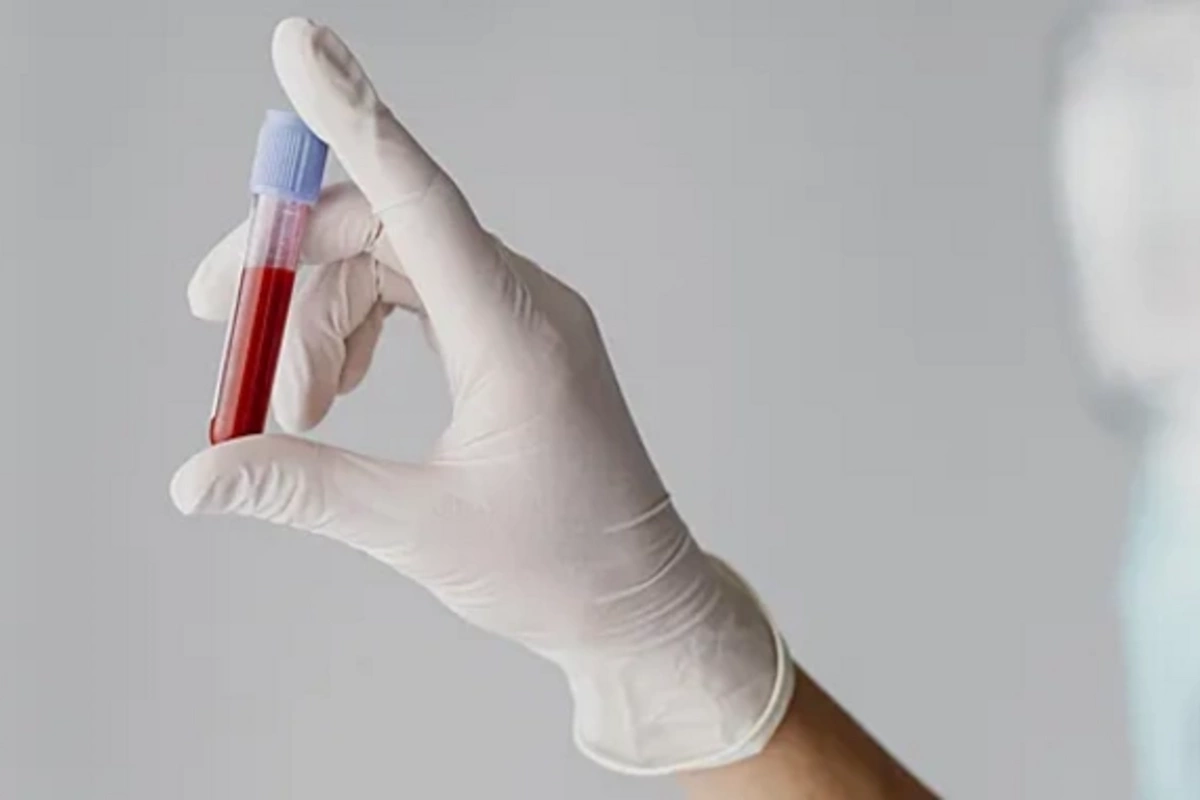12 Nov , 13:27
0

After 50 years, the risk of thyroid dysfunction increases dramatically, and insidious symptoms often masquerade as normal age-related changes
As reported by TUT.AZ, endocrinologist Anna Vadimovna Bregovskaya in an interview with "Rambler" revealed important signals indicating changes in thyroid function and explained when treatment should begin.
According to the specialist, with age the thyroid gland undergoes serious structural changes - the organ can decrease in size and shift lower in the neck area. Parallel to this, there is an increase in the level of thyroid-stimulating hormone (TSH), which controls the function of the gland. Such changes do not always indicate a disease but require constant medical monitoring.
"The prevalence of hypothyroidism averages about 4.6%, however, the figure depends on the region and level of iodine consumption. Women suffer from this disease 3-9 times more often than men, likely due to the higher frequency of autoimmune thyroiditis, which causes 84% of hypothyroidism cases," notes the doctor.
According to Anna Bregovskaya, the particular danger is that the symptoms of hypothyroidism often remain unnoticed. Many mistakenly attribute chronic fatigue, dry skin, or weight gain to natural aging processes.
Thyroid function can also be negatively affected by long-term use of certain medications, iodine imbalance in the body, and chronic inflammatory processes. All of these can gradually and imperceptibly change the hormonal background without obvious symptoms.
What is subclinical hypothyroidism
This is a condition in which TSH levels are elevated but thyroxine (T4) levels remain normal. At the same time, a person may feel quite well. The term "subclinical" means that the disease has no obvious manifestations, but it can already be detected by laboratory tests. The diagnosis is made if TSH is above normal while T4 remains within acceptable values - this may be the first signal of developing hypothyroidism.
"Subclinical hypothyroidism is a laboratory diagnosis that indicates the thyroid gland is still coping with its functions but is working under strain. Usually, hormonal indicators remain within normal limits, so symptoms are absent or disguised as a normal decrease in vitality. In many patients, this condition is discovered accidentally - during a routine examination," explains the endocrinologist.